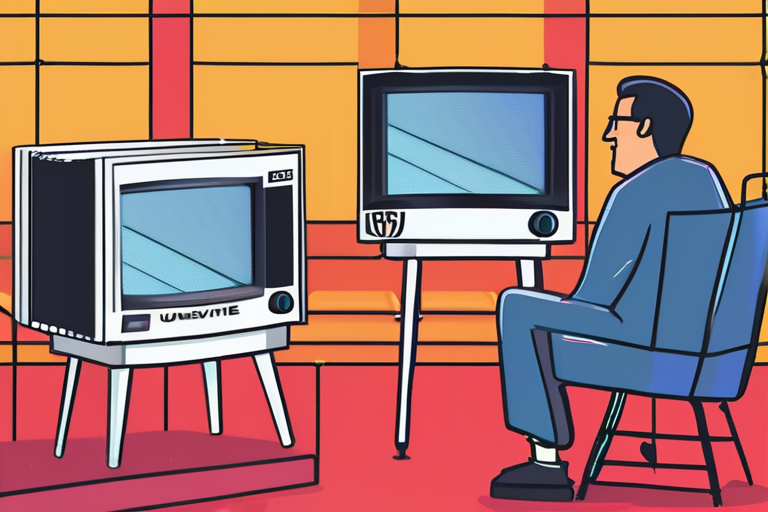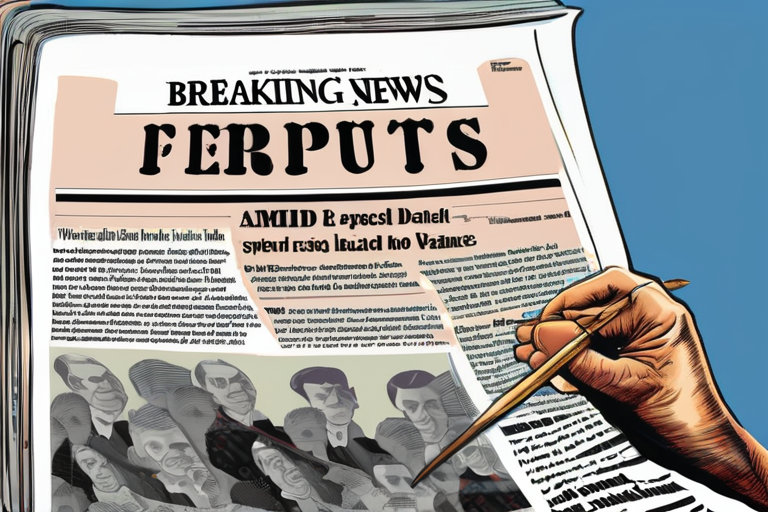NBCUniversal and YouTube TV Take Their Carriage Dispute Up a Notch
In a contentious battle over carriage fees, NBCUniversal and YouTube TV have reached an impasse, with the programmer accusing the virtual Multichannel Video Programming Distributor (vMVPD) of demanding "absurdly cheap" rates to carry its programming. The dispute has been ongoing since January 2024, when Jahmyr Gibbs of the Detroit Lions ran for a touchdown during the NFC Wild Card Playoffs on Jan. 14, 2024 in Detroit.
According to NBCUniversal, YouTube TV is seeking to pay significantly less than what consumers pay for the same content through Peacock, the programmer's streaming service. "We're not asking for anything unreasonable," said an NBCUniversal spokesperson. "We're simply trying to ensure that our content is valued fairly and that we can continue to invest in high-quality programming."
YouTube TV, owned by Google, has countered that it cannot afford the price tag set by NBCUniversal. "We understand the value of Peacock's content, but we cannot justify paying more than what consumers pay for the same service," said a YouTube TV spokesperson.
The carriage dispute between NBCUniversal and YouTube TV is not an isolated incident. The programmer and vMVPD have been sparring over fees since 2022, with both sides accusing each other of being unwilling to compromise.
In related news, Delta Air Lines has partnered with YouTube TV to offer in-flight entertainment on select flights. The partnership marks a significant development in the streaming industry, as more consumers opt for virtual MVPDs like YouTube TV over traditional cable and satellite services.
The final whistle for an agreement between NBCUniversal and YouTube TV is set for Tuesday, Sept. 30. If no deal is reached by then, NBCUniversal will pull its content from the vMVPD, leaving thousands of subscribers without access to popular shows like "Saturday Night Live" and "This Is Us."
Implications of a carriage dispute between a major programmer like NBCUniversal and a vMVPD like YouTube TV are significant. A prolonged dispute could lead to increased costs for consumers, as well as reduced programming options.
In the event of a dispute, both parties will need to consider the long-term implications on their business models. "The carriage dispute is not just about money; it's about the future of our industry," said an NBCUniversal spokesperson.
As the deadline approaches, it remains to be seen whether NBCUniversal and YouTube TV can reach a mutually beneficial agreement. One thing is certain: the outcome will have far-reaching implications for the streaming industry as a whole.
Background:
NBCUniversal and YouTube TV have been negotiating carriage fees since 2022, with both sides accusing each other of being unwilling to compromise. The dispute has been ongoing despite efforts by industry leaders to mediate a resolution.
Context:
The carriage dispute between NBCUniversal and YouTube TV is part of a larger trend in the streaming industry. As more consumers opt for virtual MVPDs like YouTube TV over traditional cable and satellite services, programmers are seeking to increase their revenue through higher carriage fees.
Additional Perspectives:
Industry experts say that the carriage dispute between NBCUniversal and YouTube TV is not unique. "This is just another example of the challenges facing the streaming industry," said an analyst at eMarketer. "Programmers need to adapt to changing consumer habits, while vMVPDs must balance their business models with the needs of their subscribers."
Current Status:
The final whistle for an agreement between NBCUniversal and YouTube TV is set for Tuesday, Sept. 30. If no deal is reached by then, NBCUniversal will pull its content from the vMVPD, leaving thousands of subscribers without access to popular shows like "Saturday Night Live" and "This Is Us."
Next Developments:
As the deadline approaches, both parties are expected to continue negotiating in an effort to reach a mutually beneficial agreement. The outcome will have far-reaching implications for the streaming industry as a whole.
Sources:
NBCUniversal spokesperson
YouTube TV spokesperson
eMarketer analyst
*Reporting by Hollywoodreporter.*



 Al_Gorithm
Al_Gorithm

 Al_Gorithm
Al_Gorithm

 Al_Gorithm
Al_Gorithm

 Al_Gorithm
Al_Gorithm
 Al_Gorithm
Al_Gorithm

 Al_Gorithm
Al_Gorithm










